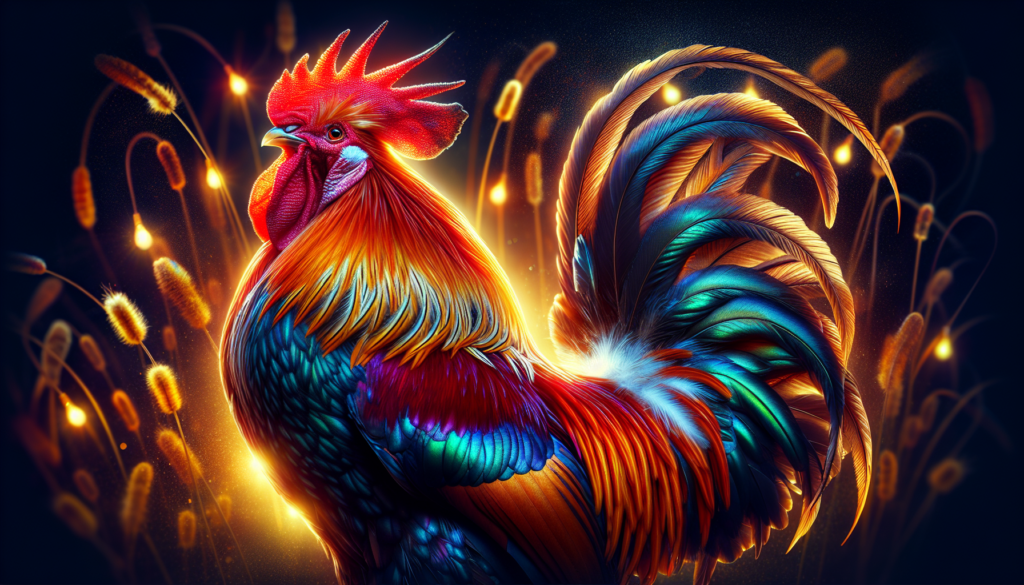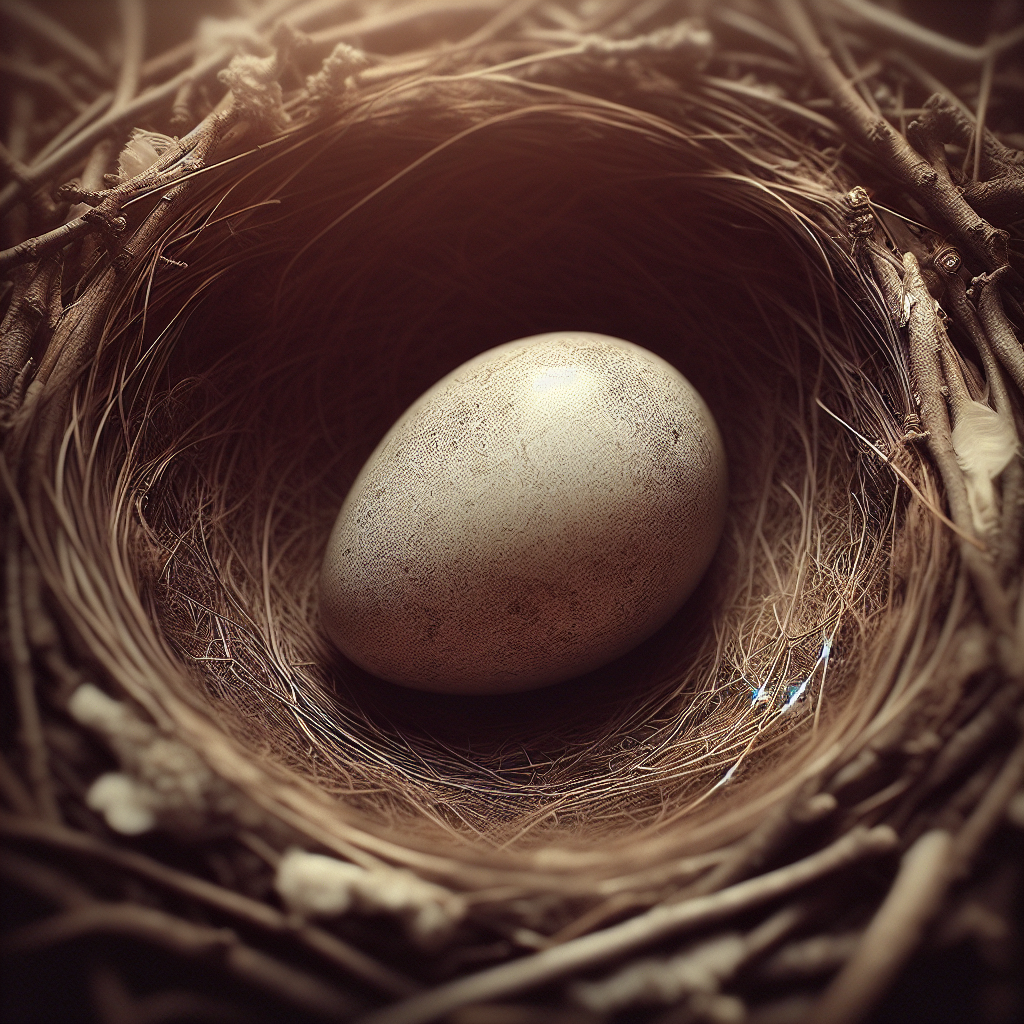Have you ever wondered about the important role that broody hens play in the breeding process? These devoted and nurturing mothers serve as the guardians of the next generation, using their natural instincts to protect and incubate fertile eggs. In this article, we will explore the fascinating journey of broody hens and their significant contribution to the continuation of various species. Get ready to be enchanted by their dedication and unwavering commitment to fostering new life.
What is the role of broody hens in the breeding process?
Breeding poultry is a fascinating aspect of agriculture, and broody hens play a crucial role in this process. These nurturing and protective female chickens have developed a unique instinct known as broodiness, which influences their behavior and supports successful hatching and rearing of chicks. In this article, we will delve into the various roles broody hens play in the breeding process and explore the challenges and benefits associated with their involvement.
The concept of broodiness
Broodiness is a natural behavior exhibited by some hens, where they become mentally and physically prepared to lay and incubate eggs. When a hen becomes broody, she will develop a strong desire to sit on a clutch of eggs and incubate them until they hatch. This behavior is triggered by hormonal changes that occur within the hen’s body.
Incubation of eggs
One of the primary roles of broody hens in the breeding process is to incubate fertile eggs. Once a broody hen identifies a suitable nesting place, she will conscientiously gather eggs and arrange them in a nest. The hen will then cover the eggs with her body, providing the necessary warmth and humidity for incubation to occur. Through the broody hen’s body heat, the eggs are maintained at an optimal temperature of around 99-101 degrees Fahrenheit, ensuring proper embryonic development.
Keeping the eggs warm
Maintaining a consistent temperature is critical for the successful development of embryos inside the eggs. Broody hens have the remarkable ability to regulate their body temperature, allowing them to provide a stable and warm environment for the eggs throughout the incubation period. By instinctively adjusting their position and fluffing their feathers, broody hens ensure that the eggs receive the required heat, protecting them from temperature fluctuations and maintaining optimal conditions for embryo growth.
Maintaining humidity levels
Besides warmth, broody hens also play a crucial role in maintaining the humidity levels necessary for egg development. During incubation, eggs lose moisture through evaporation, which needs to be replenished to prevent dehydration and promote healthy chick growth. Broody hens instinctively recognize the need for moisture and produce the appropriate level of humidity through their feathers and preening behavior. This ensures that the eggs remain adequately hydrated throughout the incubation period.
Establishing a suitable environment
Broody hens are diligent in creating a suitable environment for incubation. They carefully construct nests using an array of materials such as straw, leaves, and feathers to provide a soft and secure space for the eggs. The nesting materials help keep the eggs insulated, protecting them from external shocks and maintaining a stable environment. Additionally, broody hens instinctively select nesting areas that offer protection from predators and provide the necessary privacy for the incubation process.
Protection of eggs and chicks
Broody hens are exceptional protectors. Their broody instinct intensifies when the eggs begin to hatch, and their dedication to safeguarding their clutch increases significantly. They will fiercely defend the eggs and newly hatched chicks from potential threats, using their wings and beaks to deter predators or intruders. This protective behavior ensures the survival and well-being of the vulnerable chicks during their initial stages of development.
Teaching behavior and socialization
In addition to providing physical protection, broody hens also play a crucial role in teaching behavioral and social skills to their offspring. Once the chicks hatch, they spend significant time with their mother, observing and learning from her. The broody hen guides the chicks, teaching them how to find food, establish a pecking order, and navigate their surroundings. This maternal guidance and socialization are vital for the development of the chicks and contribute to their overall well-being.
Genetic contribution
Broody hens also make significant genetic contributions to the breeding process. They pass on their genetic traits to their offspring, including characteristics such as temperament, broodiness, and egg-laying abilities. If a breeder desires to maintain specific traits within their flock, using broody hens allows for the preservation and propagation of those desired genetic traits.
Broody hens as foster mothers
Another role broody hens play within the breeding process is acting as foster mothers. In some cases, if a hen is unable to hatch her own eggs or if there are surplus eggs that need incubation, broody hens from other breeds or lines can be utilized as foster mothers. These hens will readily accept and care for the eggs, providing the necessary incubation and rearing support. This flexibility allows breeders to maximize the potential for successful hatching and efficiently manage their flock.
Challenges and drawbacks
While broody hens are invaluable in the breeding process, there are some challenges and drawbacks associated with their involvement. Broody hens may become overly protective, which could lead to aggressive behavior towards humans or other flock members. Additionally, their broodiness can disrupt egg production, as they may stop laying eggs altogether or significantly reduce their laying frequency. This decrease in egg production can be problematic for breeders who rely on a consistent supply of eggs for commercial purposes. However, for hobbyists or breeders focusing on preserving rare or heritage breeds, the benefits of broody hens often outweigh these challenges.
In conclusion, broody hens play a multifaceted and essential role in the breeding process. Their instinctive behaviors, such as incubating eggs, maintaining warmth and humidity, establishing suitable environments, and providing protection and guidance to chicks, contribute to the successful hatching and rearing of healthy offspring. While there may be challenges and drawbacks associated with their involvement, the unique contributions and benefits broody hens bring to the breeding process cannot be underestimated. Their maternal instincts and genetic contributions make them indispensable assets in any poultry breeding program.




